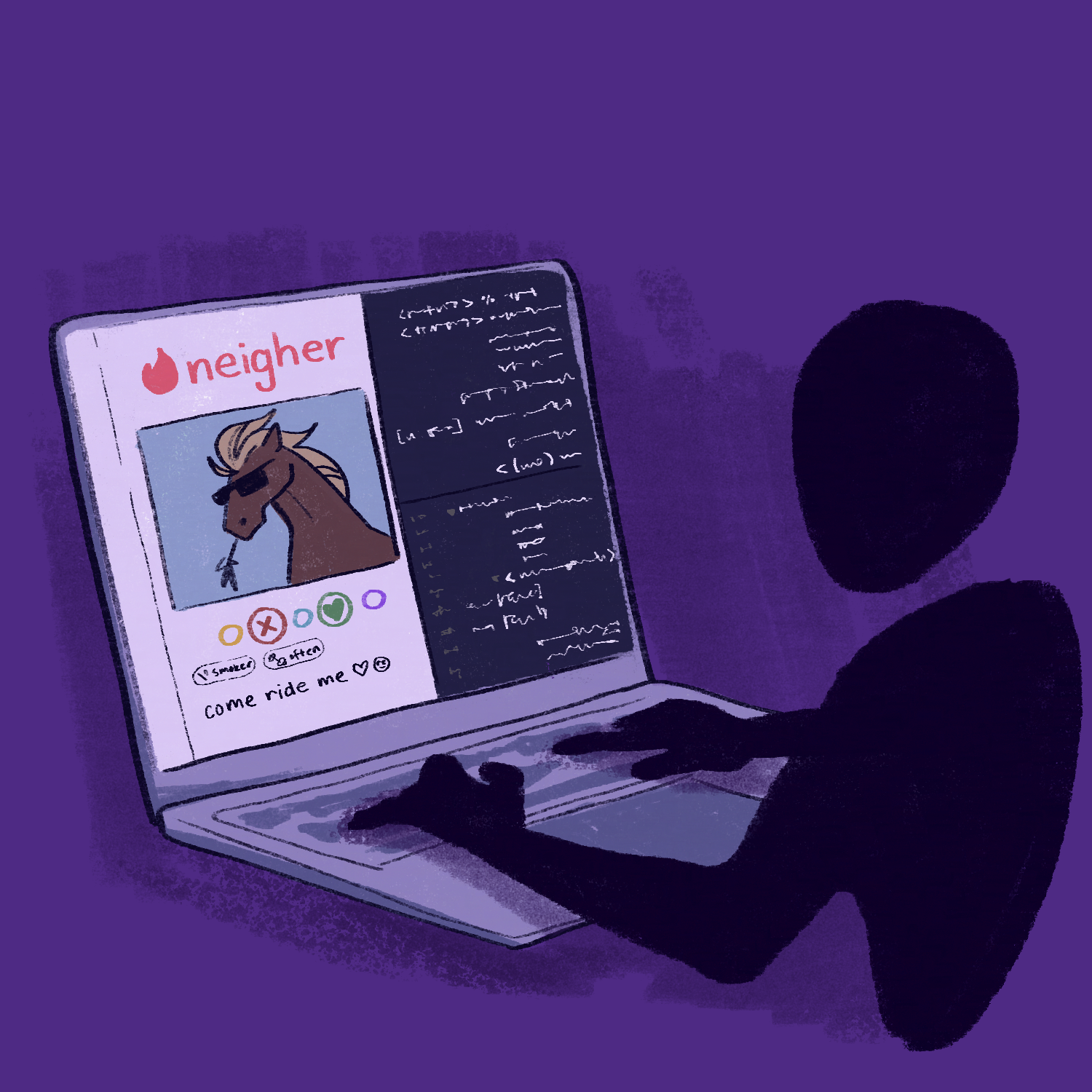
If you aren’t up to date on X (formerly known as Twitter) tech drama, congrats! Your mental health is probably better than mine.
Let me get you up to speed:
Pear AI is a company created by two content creators/developers, "Pan" and "Nang," who come from top-tier tech companies. In simple terms, their product is an AI application that helps you code. They were admitted to the most prestigious startup accelerator in the world, Y Combinator (YC), the earliest backers of DoorDash, Coinbase, AirBnB and more. With a distribution channel of over 500,000 YouTube subscribers, a YC check of $500,000 and top technical talent, they are poised to create something revolutionary.
There’s just one problem: Their code is stolen.
Pear AI is a fork of Continue.dev which is itself a fork of VSCode. If you aren’t familiar, forking is essentially copying a code base then making changes to it, like copying a Google Doc. However, the changes Pear AI made included adding some new colors and illegally changing the license?!
What’s crazy is that Continue.dev itself is a YC backed company. To put that in terms of students: This would be like copying your friend's essay, submitting it to the same teacher and STILL getting an A.
As if this wasn’t enough, when confronted about the change in license, the co-founder’s defense was “dawg I chatgpt’d [it].”

Yes, you read that right. A company with a $500,000 check and a founder who bragged about quitting his $270,000 Coinbase job couldn’t even be bothered with looking up the terms of the license.
So, who’s in the wrong here? Well, it seems like everyone. Why did YC fund a derivative of another YC company? Why did Pear AI knowingly misrepresent the source of their code? Why isn’t my Tinder for horses app taking off yet?
But, this also raises a larger ethical issue. The open source community is fragile. When your work is free, social pressure is one of, if not the only thing, enforcing ethical usage. So why make your code open source at all?
The short answer: You get to contribute to something positive to the world. 70-90% of software is made up of open source components, meaning open source software is quite literally the largest public good in human history.
We all benefit from freely sharing information. Do you think textbooks should be free? Chances are you probably do — because more access to information lets us iterate and collaborate in ways walled gardens could never dream of.
Not to mention the fact that open source code has proven to be some of the most reliable infrastructure. Anyone can contribute and find bugs the core team may have missed. Some companies even offer bug bounties where they pay people who find security vulnerabilities. What do you trust more: something one person wrote or something that has been battle-tested by millions of people?
Humans have succeeded in large part due to our ability to collaborate and build on the work of others. Instead of having to derive the quadratic equation every time, we can look it up online. Instead of having to create our own recipes, we can use ones from skilled chefs. And instead of rebuilding applications, we can use existing codebases as starting points. But it is critical that these remain just starting points. Copying someone’s work and taking credit for it not only harms them but sets a dangerous precedent for the ecosystem of free information.
We walk a fine line between pushing innovation and rewarding innovators. Too little protection of code removes the incentive to collaborate. Too much protection hinders the growth of new ideas. I’m not going to lie and tell you that I know what that line is. But I do know that companies that cross the line should not be rewarded.
So if you want to make your own version of horse Tinder, please feel free. Just make sure to credit me after you fork it.
-> https://github.com/kai-feinberg/horse-tinder
Graphic by Jessica Chen / North by Northwestern